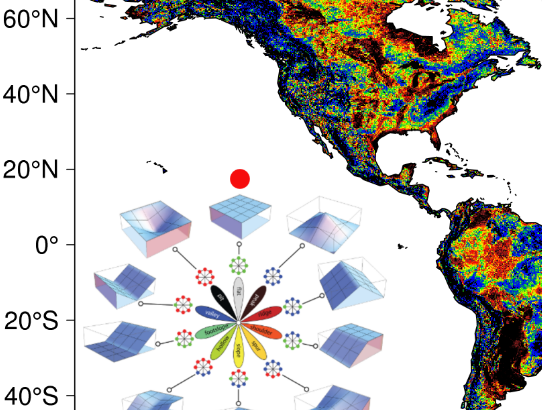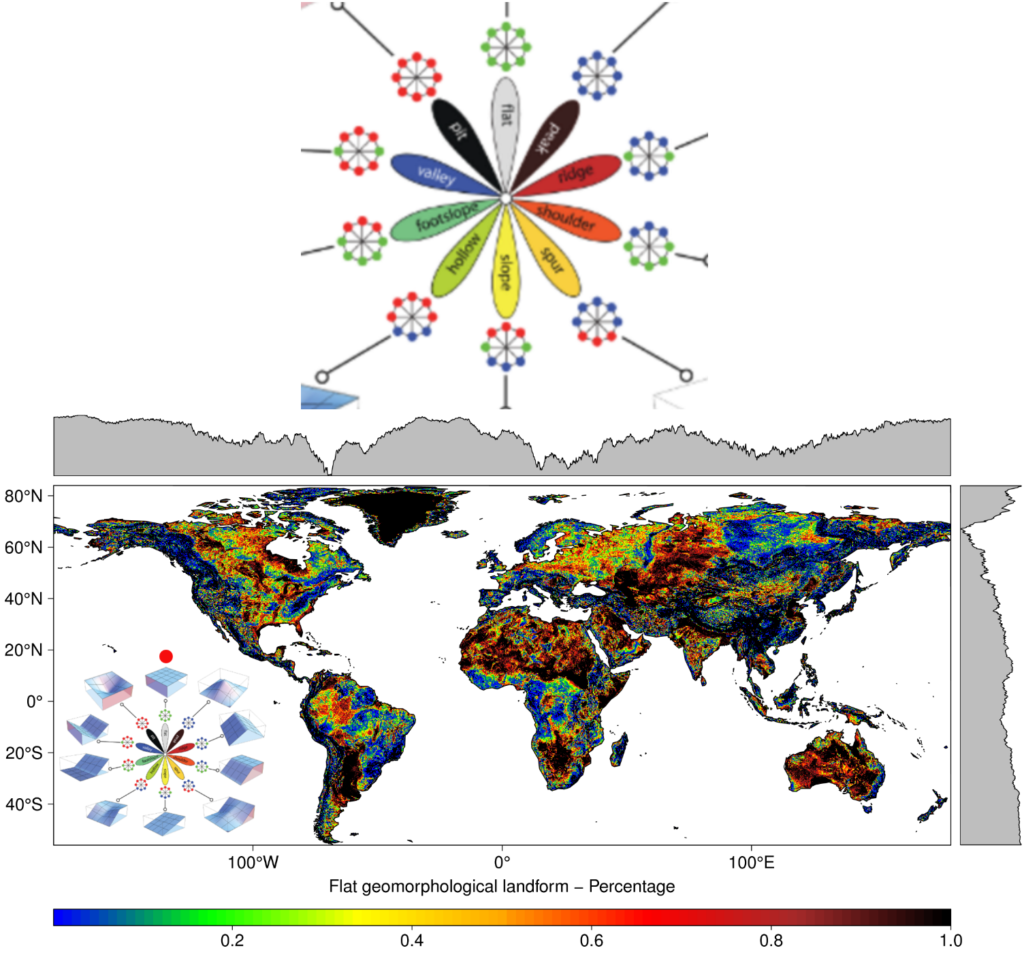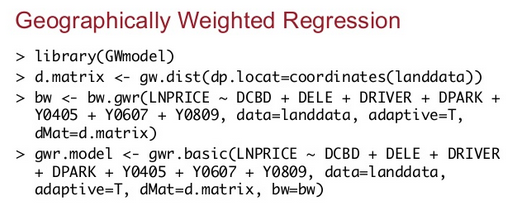Dr G. Amatulli presents ‘Big Data meets Geo-Computation’ @Harvard University, Cambridge – info.
Big Data meets Geo-Computation: Combining research reproducibility and processing efficiency in high-performance computing
By Giuseppe Amatulli, Ph.D.
Thursday, May 4th 12:00pm – 1:30pm. CGIS South Building, Room S354.
Abstract: In recent years there has been an explosion of geo-datasets derived from an increasing number of remote sensors, field instruments, sensor networks, and other GPS-equipped “smart” devices. “Big Data” processing requires flexible tools that combine efficient processing, either on your local pc or on remote servers (e.g, clusters – HPCs). However, leveraging these new data streams requires new tools and increasingly complex workflows often involving multiple software and/or programming languages. This also the case for GIS and Remote Sensing analysis where statistical/mathematical algorithms are implemented in complex geo-spatial workflows. I will show few examples of environmental applications where I combine different open-source geo-libraries for a massive computation at Yale Center for Research Computing.
Speaker Bio: Giuseppe is a Research Scientist in GeoComputation and Spatial Science at Yale’s Center for Research Computing. His research activities are mainly dedicated to spatial modeling with a special emphasis in species distribution models, areal distribution and potential shift under climate change conditions, wildland fire occurrence and pattern recognition, and wildfire risk assessment based on human and bio-physical parameters. Giuseppe holds an M.Sc. in Forestry from Bari University (Italy), a M.Sc. in Geo-Information Science from Wageningen University (The Netherlands), and a Ph.D. from the University of Basilicata (Italy).
Lunch will be served.


